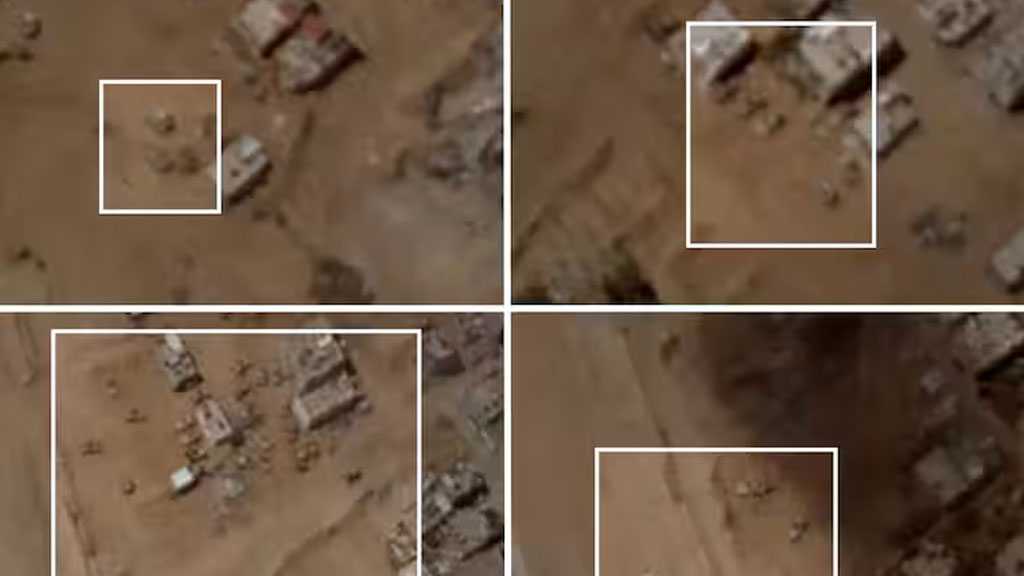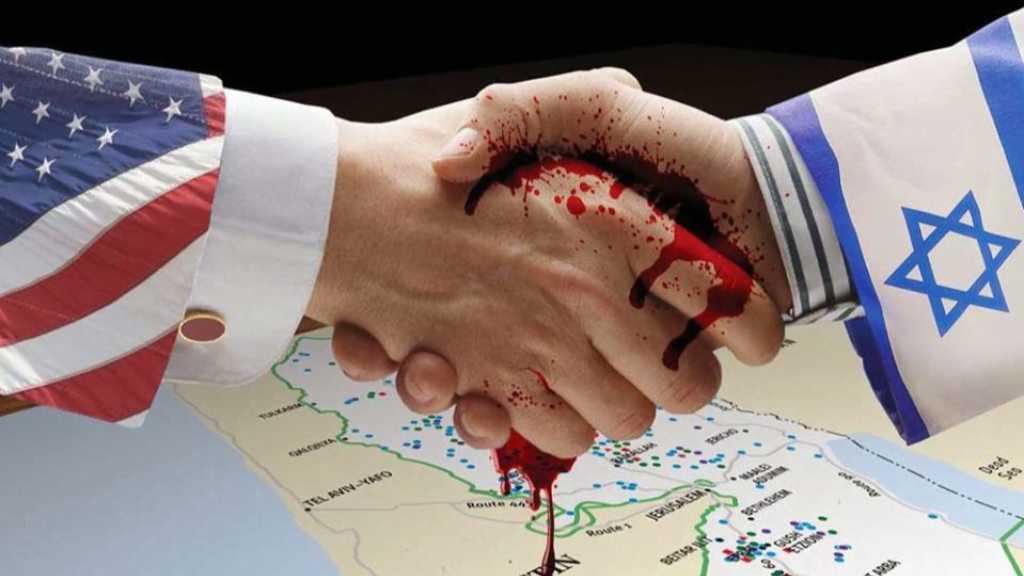WP: US Key Intelligence Partner of “Israel” in Search for Captives

By Staff, WP
Since the Hamas Operation Al-Aqsa Flood on October 7, the US has significantly increased its intelligence support to the apartheid “Israeli” entity. This includes sharing extensive drone footage, satellite imagery, communications intercepts and advanced data analysis powered by AI. This support has been crucial for “Israeli” military operations, such as the recent retrieval of four captives in Gaza.
The US-“Israel” intelligence partnership has reached an unprecedented level. US officials, including those from the Joint Special Operations Command [JSOC] and the CIA, have been working closely with their “Israeli” counterparts. The intelligence provided has given the apartheid “Israeli” entity capabilities it lacked before, despite some defensiveness from “Israeli” officials about their own intelligence prowess.
The partnership, though robust, is not without its tensions. US officials are sometimes frustrated by the “Israeli” entity’s insatiable demand for intelligence, and there are concerns about the potential misuse of sensitive information.
The Biden administration has allegedly imposed strict conditions: US-supplied intelligence can only be used for locating “Israeli” captives and tracking top Hamas leaders, not for broader military operations.
US assistance has been vital in these operations, providing precise information that complements the “Israeli” entity’s efforts. The October 7 operations have reshaped priorities, making Hamas a top target for both, the US and the apartheid "Israeli" entity.
Before Operation Al-Aqsa Flood, US intelligence did not prioritize Hamas, but this changed rapidly after the events. The US has since deployed various intelligence and special operations personnel to assist the apartheid entity. This collaboration has involved detailed satellite imagery and sophisticated data analysis techniques, filling crucial gaps in “Israel’s” intelligence capabilities.
Despite the robust intelligence-sharing framework, there are ongoing concerns about ensuring that US intelligence is used appropriately. US officials and lawmakers, like Rep. Jason Crow, have expressed worries about potential civilian casualties resulting from the misuse of shared intelligence. These concerns underscore the complexities of maintaining stringent oversight in such a high-stakes environment.
The US-“Israel” intelligence partnership has been crucial in the search for the “Israeli” captives. While the cooperation has yielded significant successes, it also presents challenges in ensuring that shared intelligence is used strictly for its intended purposes. This delicate balance continues to shape the dynamics of US-“Israel” relations.
Comments
- Related News

Trump: New US President
26 days ago


